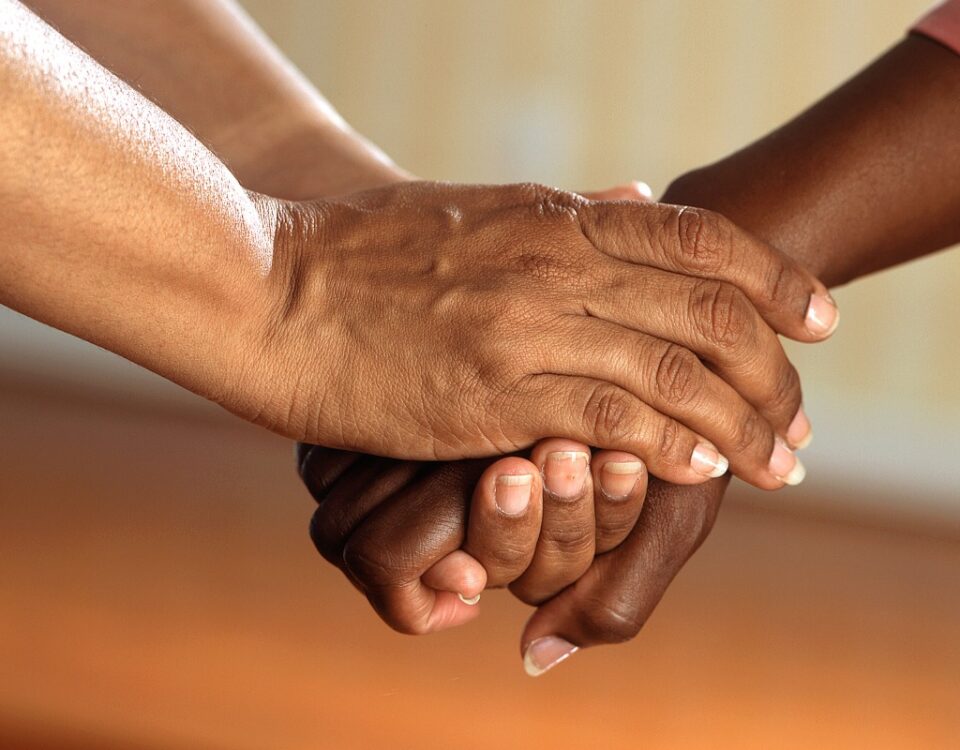How to Fill Your Leisure Time While in Recovery
March 24, 2022How to Support Your Partner During Treatment in Recovery
April 1, 2022One of the most painful aspects of struggling with a substance use disorder (SUD) is the strained and broken relationships with loved ones that may have occurred as a result. This can be caused by many things, such as broken trust, bad decisions, and failure to follow through on critical responsibilities.
Even after you seek treatment, you may struggle to repair and restore those relationships. This process can take time and require professional assistance, but it can be possible to achieve. That is why it is essential to know how addiction impacts loved ones and understand what steps to take towards mending these relationships.
How an Individual’s Substance Use Disorder Affects Those Around Them
While struggling with addiction, you may have intentionally misled your loved ones to hide your substance use. Some common ways of doing this include:
- sneaking around or going behind their backs to obtain a substance
- lying to them about the substance use
- understate much money they spend on particular substances
- lying about how often you engage in substance use
This sort of deception can only carry on for so long before family and friends begin to catch on, leading to broken trust and irreparable damage to relationships.
Another way your substance use can affect your loved ones is through financial stress and shortcomings. While struggling with addiction, you could have spent whatever money was necessary to obtain drugs or alcohol. This can quickly lead to unpaid bills, eviction or foreclosure, and legal battles. Additionally, you may have had trouble keeping up with work and other responsibilities. The loss of employment and inability to financially provide for dependents and loved ones can take a toll on many.
Your children (if you have them) often suffer the most, especially if they are not yet at an age where they can adequately comprehend their situation. As a result, they may experience anger, betrayal, hurt, disappointment, and even misplaced guilt.
Where to Begin When Working to Restore Relationships
#1. Working towards restoring relationships while in recovery can be a daunting process, and it may be difficult to know where to start. First and foremost, staying consistent with long-term treatment plans is essential to avoid relapse. This means regularly attending support group meetings like Alcoholics Anonymous (AA) or Narcotics Anonymous (NA). Doing this, along with maintaining your sobriety over time, will show your loved ones that you are taking recovery seriously and have a strong desire to live a drug-free life.
#2. In order to start the process of rebuilding relationships with your loved ones, take accountability for your actions. This means coming clean about your substance misuse and apologizing for the hurt that you caused others, as well as asking for forgiveness.
#3. To move forward, you must also be sure to make amends with those you have hurt in the past. This includes paying back debts to anyone who loaned you money in good faith.
#4. Practice responsibility by keeping up with work or schooling and making smart financial decisions.
#5. Practice good communication and make it clear to your loved ones how much you want to be involved in their lives. You need a strong support system just as much as you need a commitment to recovery.
#6. In some cases, it may be helpful to attend family or couples counseling. Having a guided space for loved ones to share their feelings and experiences in a controlled environment can do wonders for relationships. When loved ones are able to express how they were affected by substance use, it creates open conversation for healing.
Tips for Repairing Trust in Recovery
- Do not be disappointed if some loved ones are hesitant or skeptical about trusting you again. Over time, when they continue to watch you take your recovery seriously, they may reconsider.
- Remember to be patient. Most relationships are not going to be repaired overnight, but they can be mended over time through consistency and hard work.
- Try not to minimize the feelings of those you have hurt. As they communicate their feelings, remember to be receptive and not defensive. Try putting yourself in their shoes and consider how you would feel.
- If your loved ones ask for space, be sure to provide it for them. They might need more time to process everything before feeling ready to let you back into their lives.
- Take the time to forgive yourself. Ultimately, there is nothing you can do to change past events. You can focus on the future and make things right going forward.
One of the most painful aspects of addiction is the strained or broken relationships that occur as a result. Even after an individual receives treatment and is on their recovery journey, some people in their lives may be hesitant to forgive them. The individual may feel as if they no longer have the support system around them that they need. If this is your situation, the most important thing you can do is take your sobriety seriously and consistently attend support group meetings. It is also important to take responsibility for your actions and make amends where possible. Make it clear to your loved ones that you want to be part of their lives and are committed to change. Remember to be patient, as these relationships will not be restored overnight. If you are currently struggling with a substance use disorder, our team at The Kimberly Center can help. Call (855) 452-3683 to learn more.



